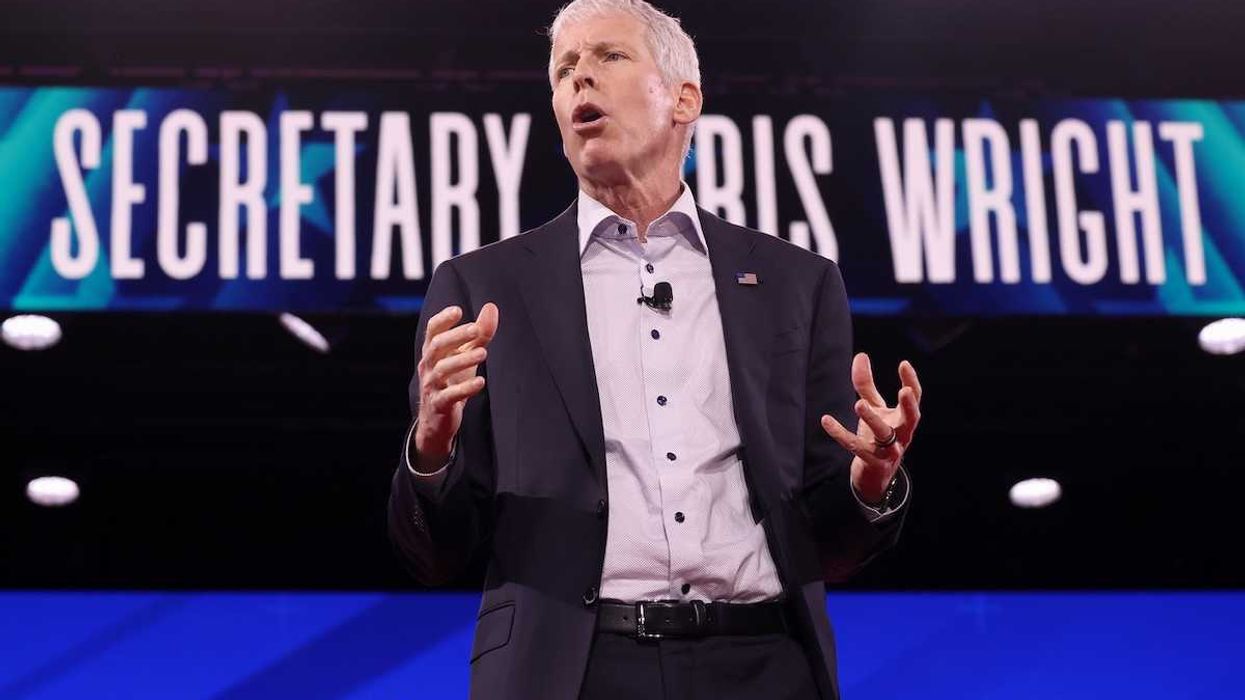A recent paper published in Environmental Health Perspectives lays out the process behind Washington State’s new “Pollution Prevention” law, which aims to protect human health by regulating classes of hazardous chemicals.
In short:
- The Pollution Prevention for Healthy People and Puget Sound Act was passed in 2019 and requires the assessment of chemical classes used in consumer products for potential regulation.
- The law has identified five priority classes of hazardous chemicals so far - including phthalates and PFAS - and 11 categories of products that are significant sources of those chemicals.
- However, the law has some notable limitations, such as only restricting chemicals that already have alternatives available and excluding chemicals from regulation if they’re considered “less” hazardous than the rest of their class.
Key quote:
“Making decisions on classes of chemicals can prevent regrettable substitutions and reduce cumulative exposures, which is particularly important during early life stages.”
Why this matters:
While many consumer products contain chemicals that are known to be hazardous to human health, they often contain an even larger number of chemicals that have never been tested for safety. By assessing chemicals as a class rather than on an individual basis, regulators can use existing data to make informed decisions about similar chemicals and avoid the assumption that a chemical is safe just because it hasn’t been studied. The authors of this paper hope to lay out a framework that could be improved on for future regulations in other states.
Related EHN coverage:
- Regulating chemicals by class: A task of surgical precision
- How BPA and its evil cousins dodge meaningful regulation
More resources:
- Food Packaging Forum tracks proposed regulations open for public comment from around the world.
- Safer States tracks U.S. state-level chemical regulations.
- You can also follow Dr. Maricel Maffini on X for U.S. regulatory updates.
Smith, Marissa et al. for Environmental Health Perspectives vol. 132, 4. Apr. 29, 2024

















